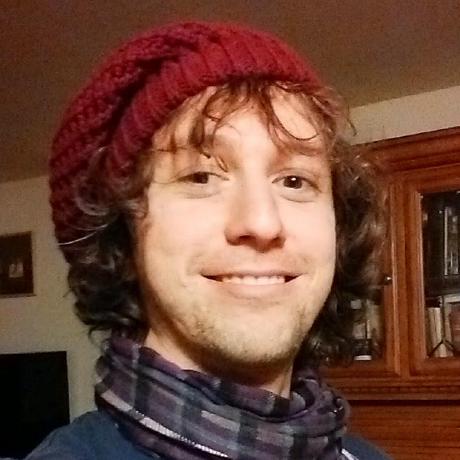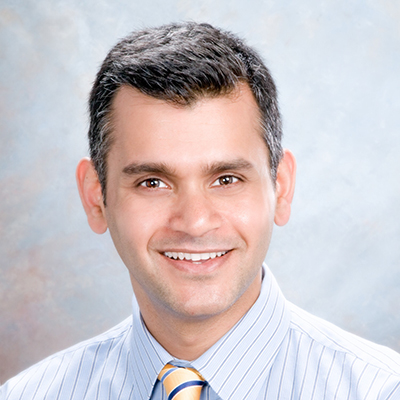|
|

Yan Shoshitaishvili is an Associate Professor at Arizona State University, where he pursues parallel passions of cybersecurity research, real-world impact, and education. His research focuses on automated program analysis and vulnerability detection techniques. Aside from publishing dozens of research papers in top academic venues, Yan led Shellphish’s participation in the DARPA Cyber Grand Challenge, achieving the creation of a fully autonomous hacking system that won third place in the competition.
Underpinning much of his research is angr, the open-source program analysis framework created by Yan and his collaborators. This framework has powered hundreds of research papers, helped find thousands of security bugs, and continues to be used in research labs and companies around the world.
When he is not doing research, Yan participates in the enthusiast and educational cybersecurity communities. He is a Captain Emeritus of Shellphish, one of the oldest ethical hacking groups in the world, and a founder of the Order of the Overflow, with whom he ran DEF CON CTF, the “world championship” of cybersecurity competitions, from 2018 through 2021. Now, he helps demystify the hacking scene as a co-host of the CTF RadiOOO podcast and forge connections between the government and the hacking community through his participation on CISA’s Technical Advisory Council. In order to inspire students to pursue cybersecurity (and, ultimately, compete at DEF CON!), Yan created pwn.college, an open practice-makes-perfect learning platform that is revolutionizing cybersecurity education for aspiring hackers around the world.

Anna-Marie Ortloff is working on her Phd with Prof. Matthew Smith at the University of Bonn, Germany, in the Behavioral Security and Privacy Group. Her dissertation research investigates research methods in Usable Security and Privacy, and is published at CHI and the Symposium of Usable Security and Privacy (SOUPS). Her current focus is on statistical analysis methods and reporting, and her paper on statistical power in developer-centered usable security won the Distinguished Paper Award at SOUPS'23. She has supervised various students for their theses and research projects and has reviewed publications at the intersection of security and HCI.

Dr. Arun Vishwanath is Chief Technologist at Avant Research Group where he studies the “people problem” of cybersecurity. His research focuses on improving individual, organizational, and national resilience to cyber attacks by focusing on the weakest links in cyber security—all of us Internet users.
His particular interest is in understanding why people fall prey to social engineering attacks that come in through email and social media, and on ways we can harness this understanding to secure cyberspace. He also examines how various groups—criminal syndicates, terrorist networks, hacktivists—utilize cyberspace to commit crimes, spread misinformation, recruit operatives, and radicalize others.
Dr. Vishwanath is an alumnus of the Berkman Klein Center at Harvard University. He serves as the CTO of Avant Research Group (ARG)—a cyber security research and advisory firm, where he consults for major corporations and governments on issues ranging from cybersecurity to consumer protection. He also serves on a distinguished expert panel for the NSA’s Science of Security & Privacy directorate.
Jeffrey C. Carver is a James R. Cudworth Professor of Computer Science at the University of Alabama. His research interests focus on software security, empirical software engineering, and human factors in software engineering. He is the PI of an NSF Scholarship for Service program and participated in multiple Science of Security Lablet projects in the past.